What do you do when you don’t know what do to?
Maybe it is more about recognising the “stuck” feeling and figuring out HOW to find out…

What do you do when you don’t know what do to?
Maybe it is more about recognising the “stuck” feeling and figuring out HOW to find out…

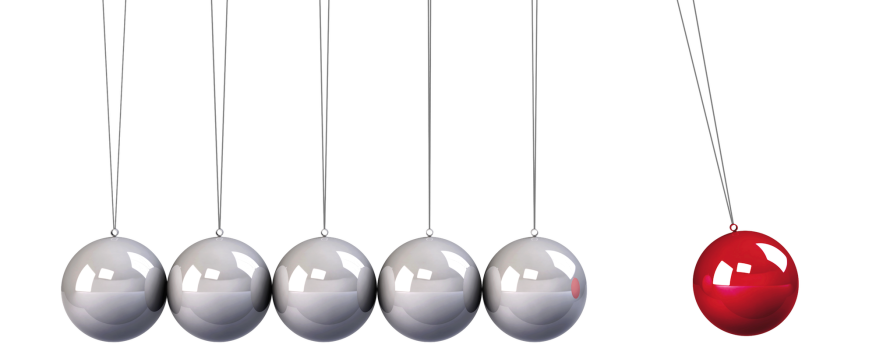
There are endless “how to” posts across all social media channels. Washing hands and social distancing are of course essential (although I would love to see more about the “why”, to help people understand the reasons). It is fact that those things are clear prevention tools we all have at our disposal. Then there are follow ups such as “how to work from home”, “how to stay motivated”, “how to keep calm”. What I felt was missing, was something about how we are actually feeling in the midst of all of this, and more importantly, why. The posts flooding out fall more into the advice category. When looking at how we humans need to look after ourselves, and establishing how to do it, the best solutions come from exploration of why we do the things we do, and more importantly, how we might do them differently…in our own way, that we choose, that we have confidence will fit into our world.
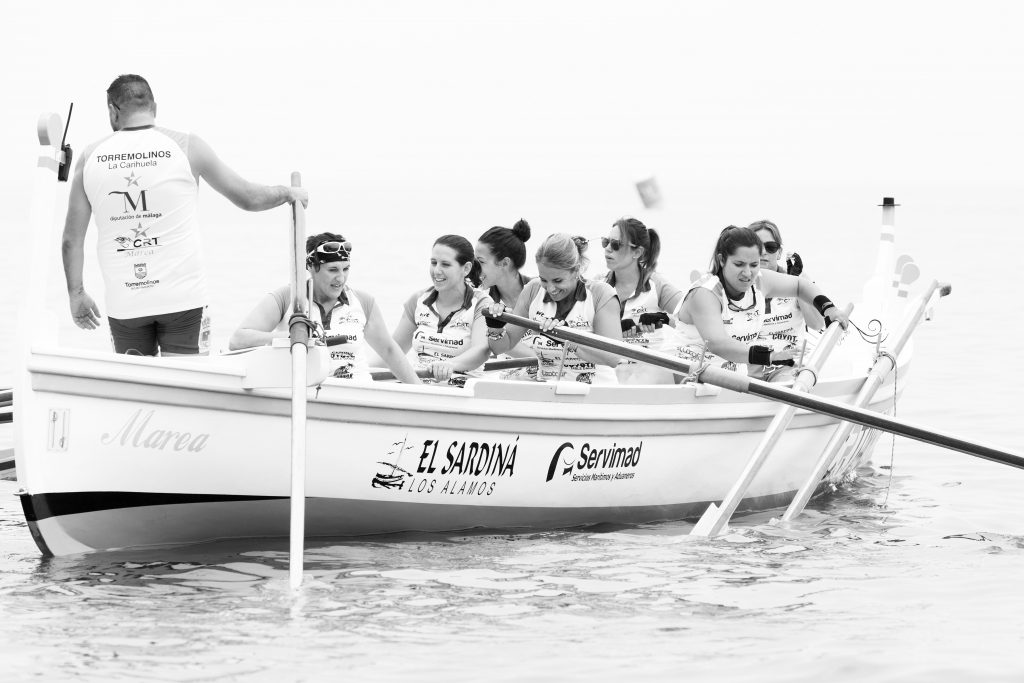
So, instead of offering a post on “how to” do self-care. I wanted to explore why we feel the way we do right now and normalise that. “It is OK, to not feel OK”! I will also share some questions to help you figure out what to do, along with a couple of free tools I found that could be useful to you.
Many people feel they are in the “same boat” . We might be having different challenges, but underneath it all, our feelings are linked to the needs we have, and how we react to certain situations. We think we are the only ones that feel this way, so we keep quiet, when actually the value is in opening up and in talking to people. So maybe its more like we are all in the same storm, with different boats to navigate it!
I started talking to people about how I felt, and said out loud, what I was worried about . Labelling the ACTUAL FEAR (I realise maybe this is fear as well as frustration) brings it out into the open, making it more visible and then we can think rationally about it (or them!). Once labelled, we can unpick it, play it out and explore the detail of our concerns. Something lifts, and we are able to see and think clearly again. I want to share, from what I know, why it is OK to feel a bit strange right now, so people can ease up on the stress and pressure they feel under.
I have a couple of pieces of research that are part of the foundations of my work in resilience and wellbeing, so I have interpreted the models in line with the current situation. I believe they offer us an explanation, and I hope that as you are reading this it will help make sense for how you are experiencing this new reality we are living in. And it is a new reality for all of us.
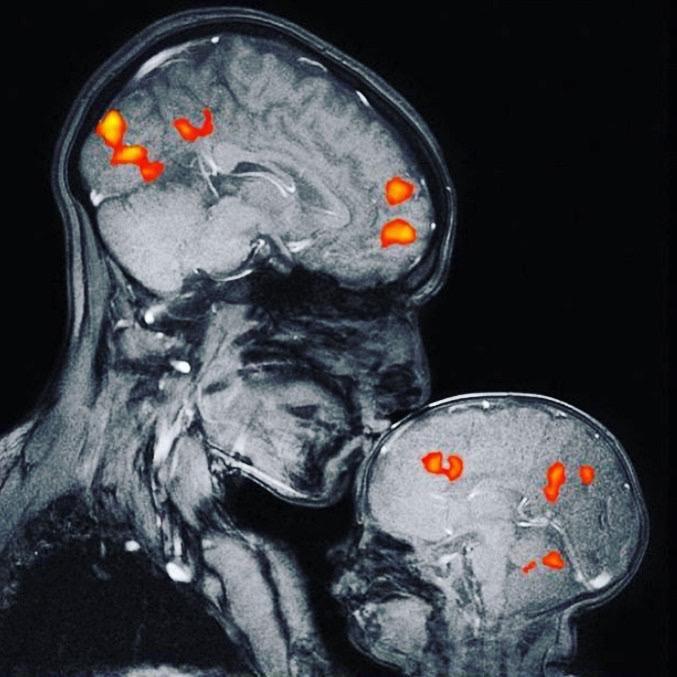
Firstly, I wanted to touch on the importance of social interaction (it underpins both models). So important is it, that the brain treats lack of it in the same panic we have when threatened with a lack of food or water (Liebermann). We go into survival mode as the fight or flight mechanism is activated from the amygdala. This give us the reason for why it’s so hard for social distancing to take place. We are wired to need that social interaction. It also shines light on why its SO important to heed the advice to stay home now, so that we are not isolated for longer than we need to be. I’m writing from the UK and we’re seeing the implications playing out already in Italy and Spain . I am very concerned for the effect on our mental health that will inevitably hit us further down the line. We are very lucky in this world to have the technology to stay connected, even if not face to face, so the best thing we can do is keep connected (virtually), and educate those that struggle to use technology, so they don’t lose out here. Bringing it back to basics, when was the last time you simply picked up the phone and called someone? Most people can use a phone!
The Human Givens Institute calls out nine emotional needs and I think all them come into play now, as do the components of David Rock’s SCARF model (neuroscience of the brain when change happens), and elements of the Wraw (Workplace resilience and wellbeing) psychometric.

Status. The definition for this is our need to have an “importance to others” or have a “status within social groupings”. For many of us, our relationship with others may have changed. As a key worker, you may be expected to keep going to work, your role has always been important, but now you feel the world’s eyes are on you. Or, suddenly we are needed to care for elderly relatives or neighbours, our relationship with them changes, or new relationships are developed. Maybe you are now working from home and the lack of contact makes you feel less important, or possibly more important if you are remotely managing a team. As simple as it may sound, what we are wearing can make a difference too. Say you go to work in a suit and with it you take on a certain persona, does sitting at home in your PJs bring the same persona? (This could be a whole other post!). Our response works two ways, we may have a threat response to that perceived lower importance, or actually, some may have a reward response. You might feel you are doing good helping someone out (signing up to NHS volunteering for example), and that triggers our brains to release dopamine, which helps us feel good.
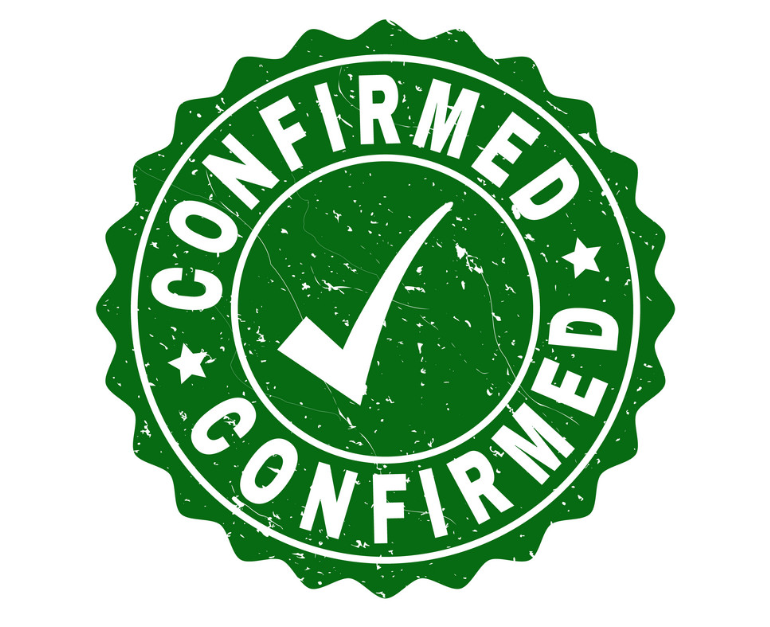
Certainty. This one almost doesn’t need any words! I have heard “its just the not knowing that I can’t cope with” many times. David Rock describes it as “concerns about our ability to predict the future”. This again, drives the “survival” response, where we go to black and white thinking, and our brain treats it as a physical threat, so we get the racing heart, a fear of everything. A way to overcome it, is just knowing when we might get more information on the “threat”. In this situation though, we don’t even have that. We need to find a way to provide some sort of certainty for ourselves. That will look different for each person, but it could be as simple as getting an update from news or the social media you trust, and not looking again until a set point in the day, and holding onto the certainty you took at that time.
Autonomy and Control. This runs through all of the models I work with, you probably have seen some “circles of control” images on social media, outlining the things we can control and what we can’t. The more control we have, the better we feel – but its deeper than that, because its our “sense” of control. We can have an internal or an external locus of control (Rotter) – you can even take tests on line to see where yours lies. It is very easy right now to feel that there’s nothing we can do about this, and it’s beyond our control, but we absolutely can control our responses and our actions. I agree, that it is hard to think like that when in “survival” model. For example, most people “get” that the virus can be transferred via people, but not everyone recognises that it can survive on surfaces for days.
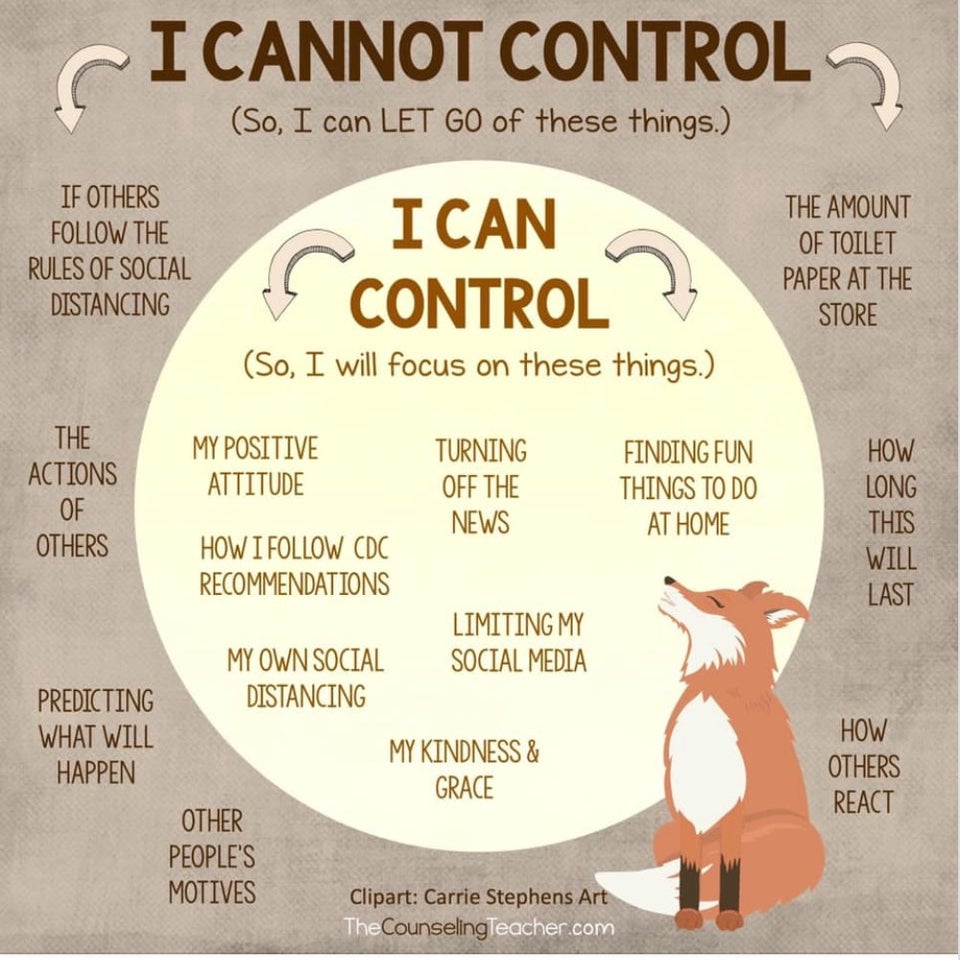
To play that out: you sit next to someone on the bus; they have just been with someone who has the virus and its on their coat; It transfers to your coat. Neither of you realise. You go to the supermarket and brush past some vegetables, it’s now on the vegetables. A kind hearted soul does the grocery shopping for their elderly neighbour and before you know it, the virus is on their food, in their body and they’re dead.
Forgive me for ending that abruptly, but it’s how it works.
The control we have here, is to choose to stay home, to choose to distance ourselves when we go shopping. To wash our hands, and our surfaces. We DO have control over the spread. This is the bit that I think is frustrating me the most, because people still aren’t adhering to this simple, life saving advice.
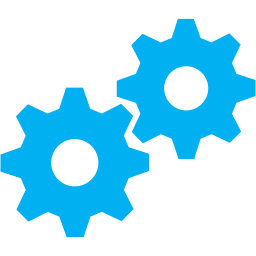
Relatedness – this is described by Rock as “a sense of safety with others”. Following on from the last section, we can’t trust anyone right now. We don’t know “where they’ve been” or “who they’ve been with”. I feel there is also a huge lack of trust in the information we are receiving. We are dealing with the situation differently to other countries and so maybe people feel we aren’t going to have it as bad. Who do we believe? Building trusted relationships is a key component of our resilience. It is definitely an area I totally overlooked during my times of trouble. I really didn’t trust anyone, which meant I didn’t open up, carrying that heavy emotion and worry around with me. I notice how much lighter things feel now when I share how I’m feeling.
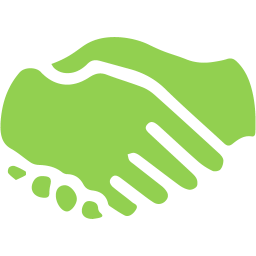
Fairness is described as “fair exchanges between people”. We have seen reports of people fighting over toilet roll, panic buying more food than they could possibly eat. Where is the fairness in that? The same part of the brain is triggered into survival mode and so we go into protection mode,. We start doing things we wouldn’t normally do because we go to black and white thinking and before we know it, we also have a 9 pack of toilet roll in our trolley that we don’t really need.! By being fair to others, we can actually generate a reward response and release some better chemical into our brain, that will make us feel good (even if only for a short while, but it’s worth it).
Let’s move into some of our emotional needs. I’m not going to talk about all of them, but think these key areas are of interest: Security, Privacy, Meaning and Purpose.
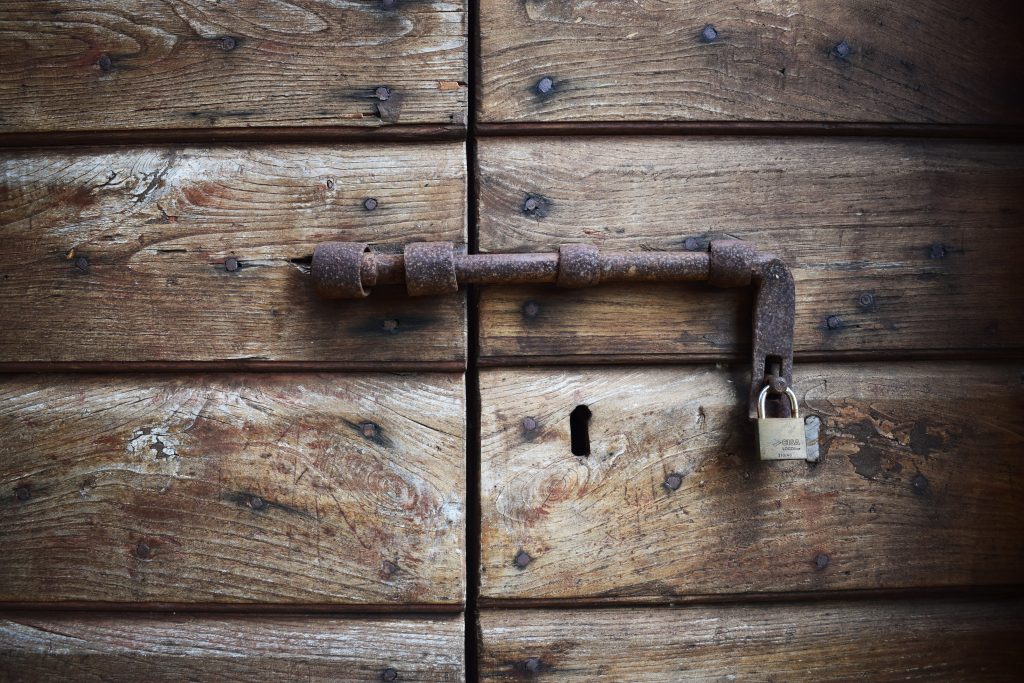
Security is a big deal right now. The Human Givens definition is to have a “safe territory and an environment in which we can fully develop”. This can translate into our physical environment but also our perception of how secure we are. Right now, we don’t know where IS safe, we could pick the virus up anywhere, from anyone, its invisibility really does mean that nowhere is safe. After that, we look to physical security, of income, housing, basic shelter needs for ourselves and our families. Financial concerns will be a strong worry for many. In an instant, jobs have been lost, lack of income places risk on mortgages and therefore shelter. It is very easy to project worries into the future, a time that has not actually happened yet. Taking each day by itself and being grateful for what you have right now can support a more balanced experience.
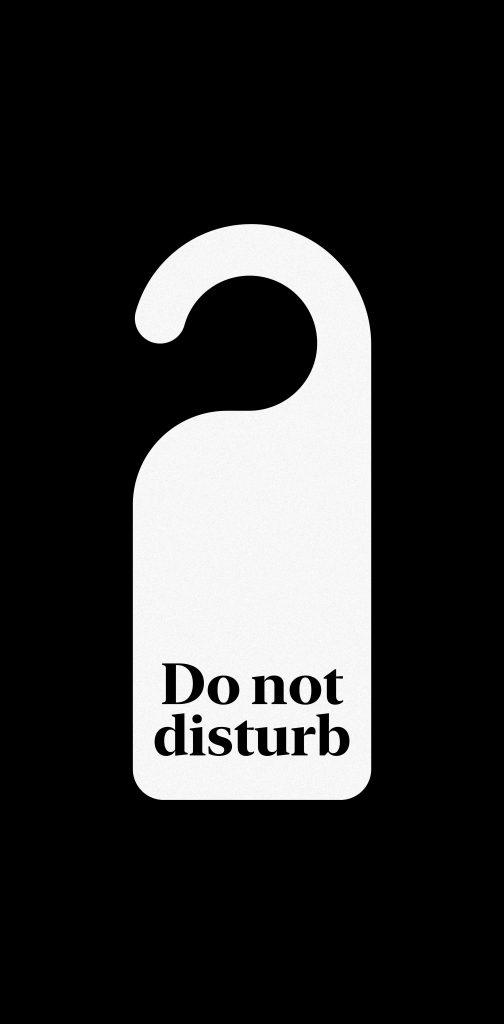
Privacy. We all have a need to time alone to reflect and consolidate. Individually this will be different amounts of time, however we all need “some”. Maybe you have suddenly found yourself with a houseful of people because children are off school, or students are back from university and you’re not getting your own space. It could be that you normally commute and that time alone in the car or on the tube provided you with your privacy. Now, forced to work from home, that space has gone. You may be feeling frustrated, but not realised what has changed to generate these feelings. I have spoken to a few people who have recognised this, and built time into their days to allow for this.
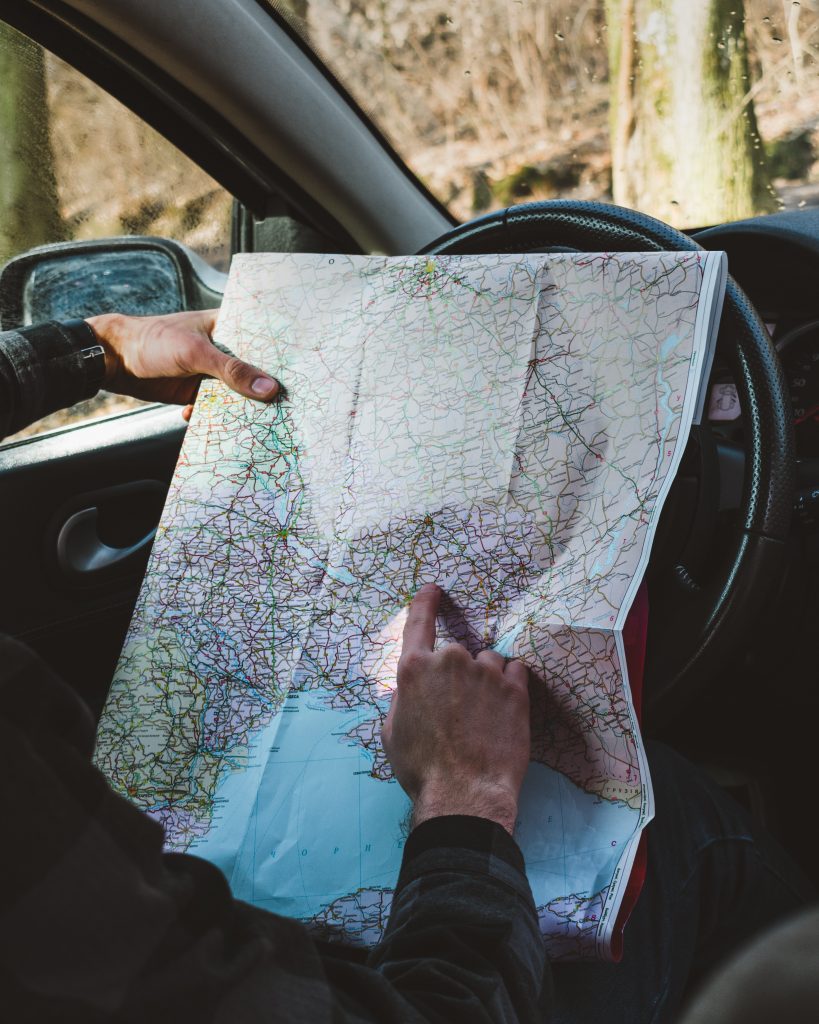
Meaning and Purpose. One thing I have been finding uncomfortable is keeping focussed on anything related to the future. With so many events cancelled, it feels like nothing is happening and it makes me feel like curling under the duvet until “it’s all over”. I think it’s because we simply don’t know whats going on right now and its hard to work towards something when you don’t know what the outcome even might look like. It’s like getting into the car and driving round and round in circles. Even if we thought we knew the destination, it changes, or we get new information about how to get there. I decided that my “destination” would be the next news briefing, so I set myself targets and things to do from the end of each briefing, to the time of the next. I can than factor any new information into my plans for the next 24 hours.
Finally, from the Wraw tool. Most areas have already been covered, but a couple might bring up some ideas on how to cope
In the Energy pillar, we talk about boundaries. This covers the separation between work and home, as well as taking breaks during the day. If you are a key worker, the chances are you are so busy boundaries are getting compromised, your passion to serve others your priority. Working from home means these boundaries can easily get blurred and restrictions on leaving the house make it harder to take a break. In either situation you are likely feeling exhausted. Setting some really small boundaries will support your energy here.
Positive Framing. One of the tools in our resilient “toolbox” is to look at things positively, so we can see things in a proportionate way. With so many unknowns, it is very hard to do this, and we feel uncomfortable with that. Seeking out positive news stories can really help revive this skill, for example, hearing that the special hospital in China has now closed due to there not being enough new cases and that the daily death toll in Italy has finally slowed. Still really tough times, but the positive elements do support our ability to see a glimmer of hope on the other side of all this.
I’ve been exploring all of this as I made sense of my own feelings and emotions, so I will share a little of these here. You may completely resonate, with them or you may be having a completely different experience. For example, I’m pretty sure it will be significantly different for someone on the frontline of all of this…
Here’s my experience:
I’ve been swinging like a pendulum. My mind is confused. My stomach is lurching. I feel trapped in the here and now. I feel helpless, despite making various offers of help and sticking to advice about social distancing and now, staying home.
I honestly don’t actually have fear right now, it is frustration. Here in the UK, we can see how other countries are suffering, what measures they have had to take to contain the virus, yet it feels like, as a country, we are wandering along blindly, like lemmings, head on, into the disaster. My brain just cannot compute when people talk about future events and sign off mails with “enjoy the sun”.
I feel rage at the lack of sensitivity. It is not their fault, of course people are trying to remain positive, yet it sends the message that “its OK to carry on as normal”, when it really is NOT. Of course I want to enjoy the sun, but that could be at the expense of someone else’s life, so I will forgo that sun today.
I’ve been trying to write for a few days now, and each time I come back to it, I change the start, based on the new reality of this surreal situation. Right now, we are not even close to how bad it potentially will be. Watching the news or scrolling social media, with its stern tone, language, gestures, I start wondering if the world will end tomorrow and yet I look outside and people seem oblivious.
I really believe we are heading for a disaster, and it seems that because we can’t “see” it, it’s easy for people to believe it won’t happen. I’m staying in, adhering to advice. Scenes of empty supermarket shelves just don’t feel helpful. I honestly think we need to see full intensive care units or doctors in despair. It may sound morbid but I have a sense that is the only way people might believe what is really happening.
People say “don’t panic”, it’s more helpful to turn this into “please prepare”. We need to convert “worry” into “contingency planning”. We need to know how bad things could get to give urgency to the need to make plans. Telling people not to panic is OK, but what do they do instead because “carrying on” is not a way forward either. We MUST do things differently.
The virus is carried on clothes and hair (not just coughs and sneezes) and THIS is why it is SO important we do not come into contact with people, and spread the virus accidentally. It survives on surfaces too. Staying home reduces the number of people and surfaces we come into contact with, so in turn reduces the risk of the spread.
It WILL hurt IF/WHEN we go into full lockdown, but I honestly believe the earlier we do it, the lower that pain will be. It really is what we NEED to do not only to save lives but to protect the physical and mental health of those who are on the frontline. The longer we leave it, the harder it will be for them to manage this crisis on limited resources.
Now you have some insight into why you feel the way you do, instead of me listing suggestions to help you get through, I will leave you with a few questions, to help you figure out a way forward that will work for you, as an individual:
– If I don’t feel OK, who could help me?

– If I do feel OK, who in my network might not? Who needs my help?
– What do I want to be saying about all of this, in 3 months time?
The references I made in this article can be accessed here:
NOTE: This article was written in March 2020.
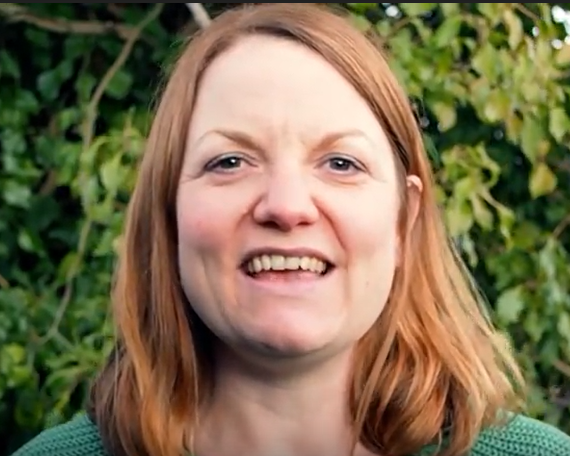
Sheela Hobden is a Coach at bluegreen Coaching. Following her own mental health battles, she now coaches individuals, runs training sessions and speaks at conferences. She has a real passion for helping medics and healthcare professionals take as much care of themselves as they do their patients in whatever life or career conundrums they face! She is also a Mentor Coach and Coach Supervisor. She has a PGCERT in Business and Personal Coaching, holds PCC member status with the ICF and is CIPD qualified. She challenges herself with ultra distance running and Ironman. Find her at www.bluegreencoaching.com or swimming in the sea, in Poole, Dorset
Get more ideas and tips by joining her newsletter tribe – sign up below!
Better still, book in to speak with her directly?


I dreamt it so much, it actually happened.
It just popped out.
I remember it, clear as day, exactly where I was sitting when the words “I don’t think I want to do this any more” tumbled out of my mouth.
I was left as speechless as my manager.
Time froze as the words hung in the air. As the moments (which felt like hours!) passed, I realised, then confirmed to him “I said that out loud didn’t I?”
“Well, I’m wondering if that means your resigning?” he asked in return.
It’s a wonder any words came out because I was 100% convinced my heart was stuck in my throat, constricting my airway! I breathed deeply inwards, and with the biggest sigh of an out breath, spoke the words “Yes, I am”.
On the encouragement to “take 24 hours” I left the meeting.
Walking out of the building, it felt like the body almost split into two. A hot air balloon lifting part of my (my heart, I believe) way up to the sky singing “this is the most amazing awesome thing you have ever done, we can change the world”. My head, on the other hand, was dragging me down to the ground shouting…
“What have you done? WHAT. HAVE. YOU. DONE?”
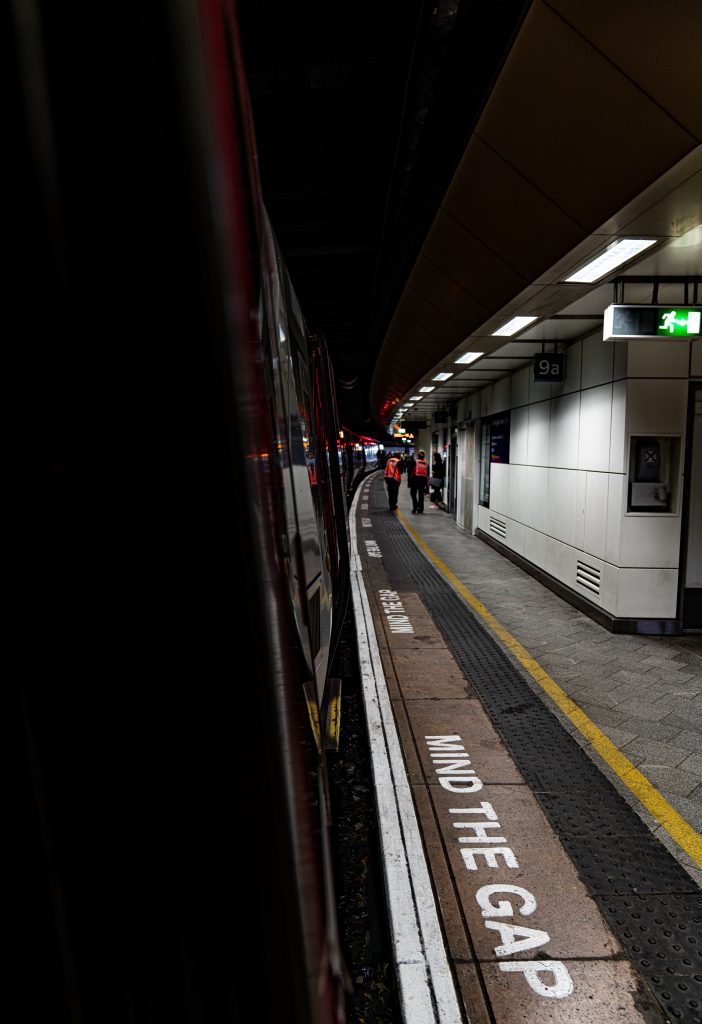
There is was though. Job done. Literally!
The train ride home was a surreal mix of floating (excitement!) and flooding (emotions!) and the gap in between.
Firstly, a phone call to a coach I had met facilitating a career change workshop six months earlier (so, no, quitting wasn’t completely out of the blue, just that it wasn’t PLANNED, nor was THAT conversation!).
“I’ve just quit my job, can you help me work out what I REALLY do want to do?” I asked with a mix of desperation and excitement.
We organise to talk and when we do, I am HUGELY energised with possibility. I gulp down the fees, thinking, its now, never, or…shelf stacking, and sign up!
That was just the start. The battles I faced were financial, emotional, physical, professional. That’s a whole other story, for another day, another post, another analysis!
I’m writing now about the start of the journey, for a couple of reasons. One, I was chatting with some people this week at an event, and the topic of “being bound by the fear of losing a job when you have no reason to believe that might happen“ came up.
Having chosen to leave a job, without another to go to, and not just the once, I piped up to share the experience! It was met with surprise and admiration by some, with high fives from another! I always challenge people to question themselves and so was encouraged to write about it.
It wasn’t just that though, I’ve been listening to lots of audio books recently, and something really landed with me from Rich Litvin. He talked about finding out what peoples dreams are, and helping them realise them. He talks not only of having a coach, moreover, having three! Not because he needs them, but because he wants them, to continue to grow end expand. He is a demonstration that he has done that, so is able to inspire his clients.
These days, the work I do, enables people to realise their what they are dreaming of. The realisation that came to ME, was that I literally have done that. My dream was to escape the 9 to 5, choose where and how I live life, and do things a bit differently. I spent time working out what that was, with my coach. I learnt that I wanted to help other people live a life THEY enjoyed. In particular I looked to support people to not suffer some of the things we humans put ourselves through, put up with, blame ourselves for or even think we should or ought to do (again, another set of stories!).
I wanted to live by the sea.
I wanted to do work that meant I could do it anywhere.
I wanted to serve people and help them fast track to what they wanted.
Through being coached, I found the transformational power of it, and knew that was how I could serve others.
Following all the training, learning and experience I’ve built up, I have clients that have grown their confidence, avoided burning out, landed dream jobs, switch careers, become partners in business, grown portfolio careers, started businesses.
And that is how I got to sit here, in Poole, on the Dorset coast, looking out to the harbour with the sun on my face, writing this.
What would my advice be to someone thinking of quitting a job?
I don’t give advice. There is no advice I can give you, that you don’t already know. I do have conversations with people who are considering it. We work together to find that “advice” deep down inside you, to find the path you want to tread. Honestly, its all in there, it’s just that you might not have thought of it yet or made it explicit.
So OK, there is a little snipped of a suggestion…get a coach! go on your journey with them. There are plenty to choose from. Make sure you find one that “gets you” by having some introductions meetings with a few, before you choose.
On reflection, I don’t regret quitting, but I think I might have done a bit more planning, and maybe had the coaching a LOT sooner, so I think that would be my start point.
I dared to dream, and made it reality!
What’s your dream?

Sheela Hobden is a Coach at bluegreen Coaching. Following her own mental health battles, she now coaches individuals, runs training sessions and speaks at conferences. She has a real passion for helping medics and healthcare professionals take as much care of themselves as they do their patients in whatever life or career conundrums they face! She is also a Mentor Coach and Coach Supervisor. She has a PGCERT in Business and Personal Coaching, holds PCC member status with the ICF and is CIPD qualified. She challenges herself with ultra distance running and Ironman. Find her at www.bluegreencoaching.com or swimming in the sea, in Poole, Dorset
Get more ideas and tips by joining her newsletter tribe – sign up below!
Better still, book in to speak with her directly?

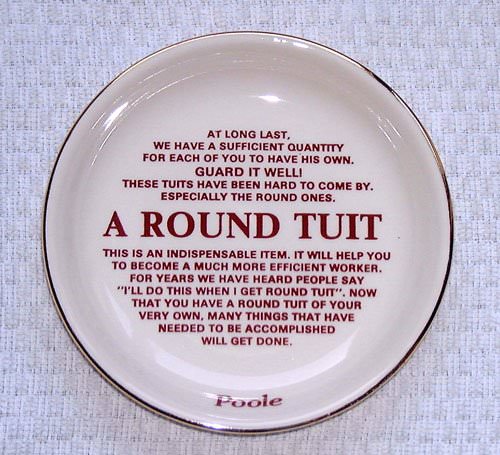
My Grandad had a plate mounted on the wall as I was growing up; a “Round Tuit”. I had an odd fascination with it. I never read the words,. Never understood the meaning, or comedy value!
Now of course, I “get it”. I think many people would really welcome its positive effects! Having (mostly) overcome procrastinating tendencies (starting this blog is another high jump completed!), I decided to start with this challenging topic. It seemed fitting. There are merits to procrastinating, but also some very debilitating effects. I love a definition – so here it is:
To procrastinate is…”to put off (an action) until later; delay”.
Is that good or bad?
Firstly, what purpose does it serve us? For most, there is so much to do, and by delaying until later, we have more time right now, to do the things we love. Next, if the task or action is associated with making ourselves vulnerable, then a delay means we won’t be exposed. When we delay things, we have more time, so we aren’t rushed into doing things. When we do it therefore, it will be perfect, surely? (another story on the connectedness of procrastination and perfectionism!).
Now the downside; the things we delay, sit firmly on our shoulders like a sack of gym weights, a vice on our brain shouting “you should” whilst also fighting with Mr and Mrs “I’m too busy” or “I don’t want to”. It could be something so simple as taking the rubbish out, pay a bill or cleaning the oven, through to big things like moving house, shall I have a baby or changing career (see post on decision making coming soon too!).
When we enlist our “let’s do this” character and do that little job, or make a start on the big one though, we can have a rush of “oh wow, that feels amazing to have got that out of the way” or “so glad I’ve made a start on that” shortly followed by “why did I leave that so long?” and sometimes “I can do more of this!”.
With one job cracked, it spurs you on to do more, either associated with that task or; something completely different, seems somehow easier. A client of mine recently had a light-bulb moment “I have realised that doing nothing whilst worrying about what I need to do, is not relaxing, its procrastination”, which enabled them to separate the two.
This leads to a double win of a) getting things done and; b) actually starting to enjoy and truly benefit from rest and recovery time.
Moving now to action, WHAT COULD BE DONE to crack this?
So, what is your plan of action now?

Sheela Hobden is a Coach at bluegreen Coaching. Following her own mental health battles, she now coaches individuals, runs training sessions and speaks at conferences. She has a real passion for helping medics and healthcare professionals take as much care of themselves as they do their patients in whatever life or career conundrums they face! She is also a Mentor Coach and Coach Supervisor. She has a PGCERT in Business and Personal Coaching, holds PCC member status with the ICF and is CIPD qualified. She challenges herself with ultra distance running and Ironman. Find her at www.bluegreencoaching.com or swimming in the sea, in Poole, Dorset
Get more ideas and tips by joining her newsletter tribe – sign up below!
Better still, book in to speak with her directly?